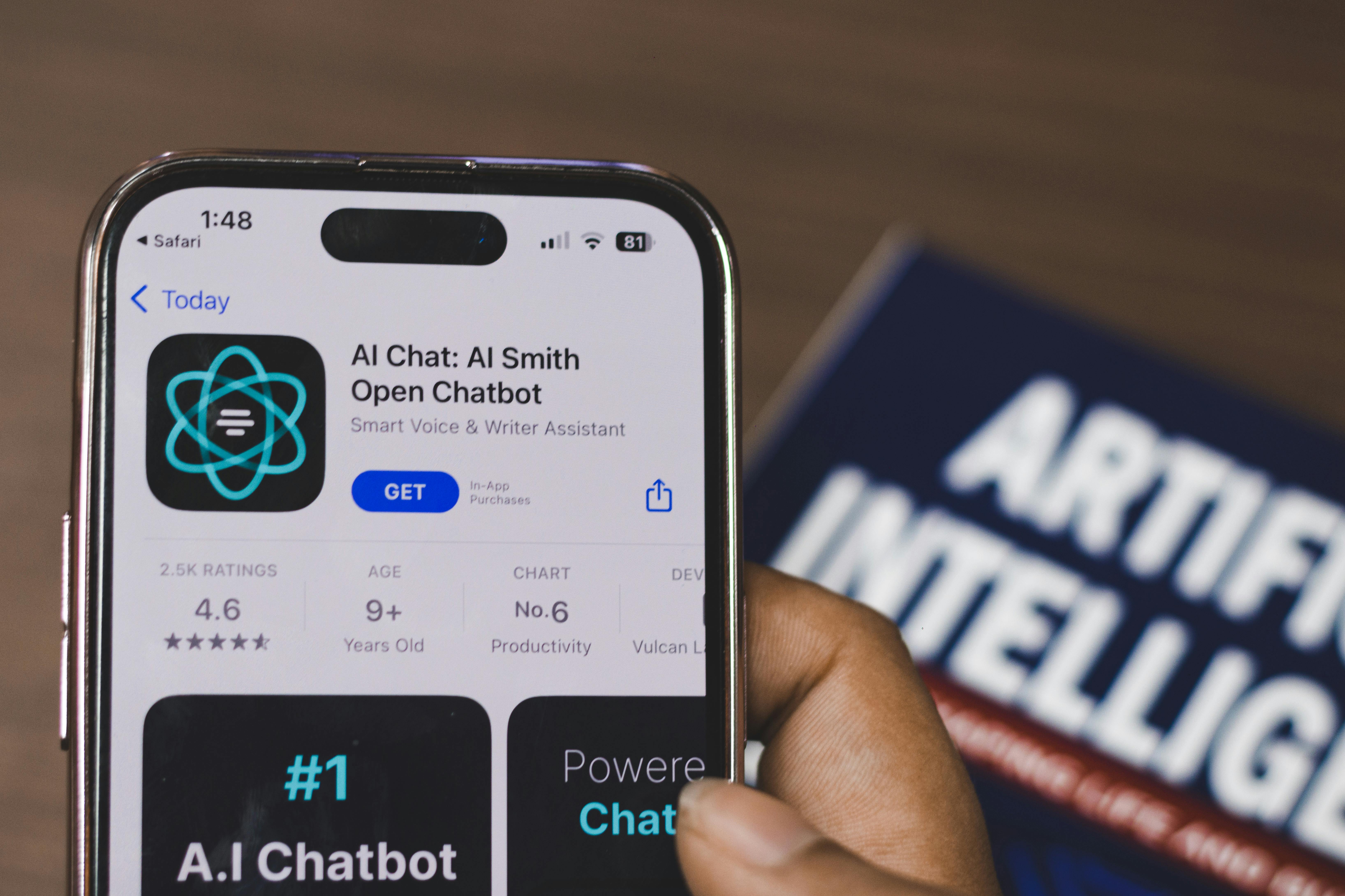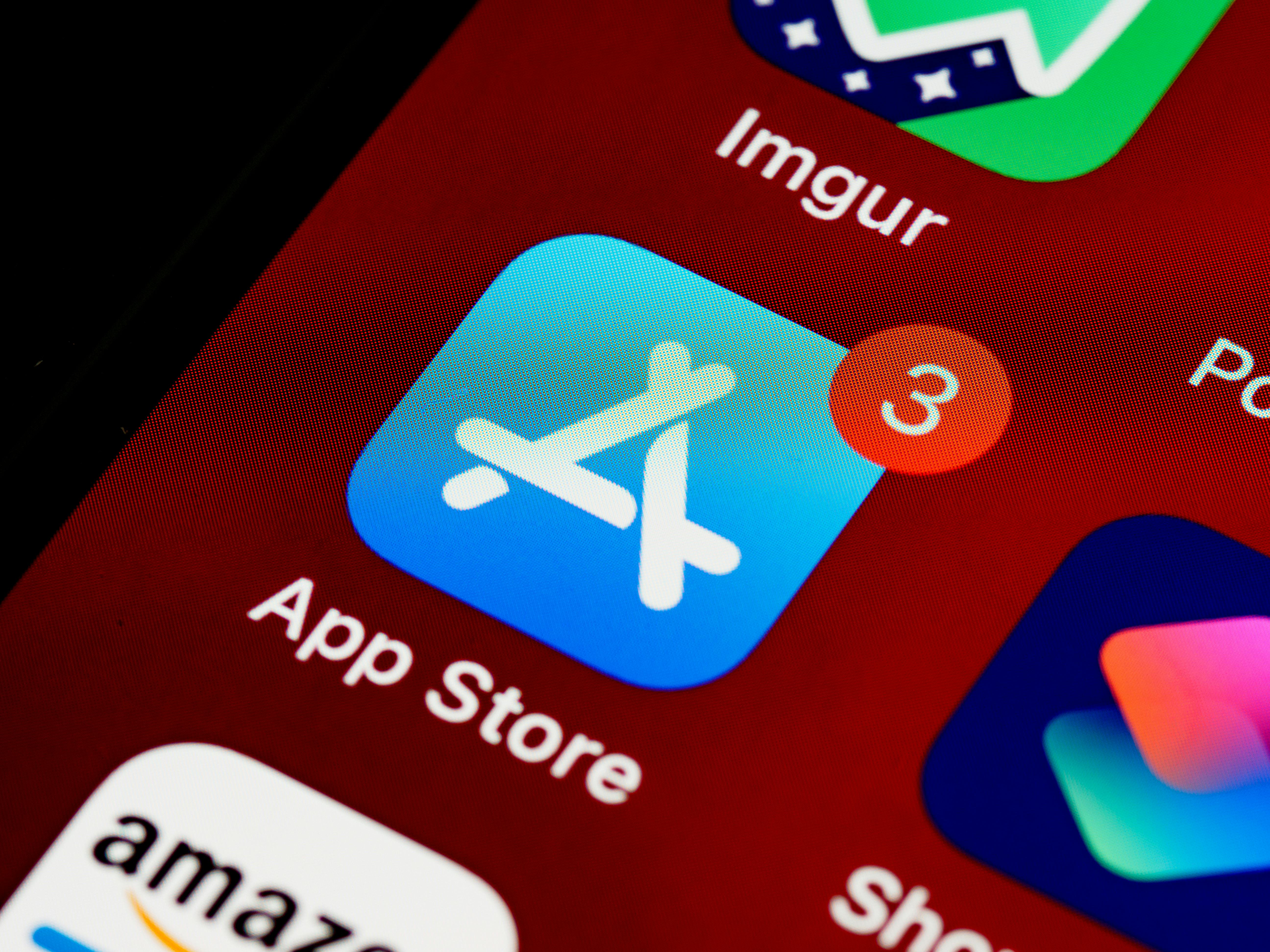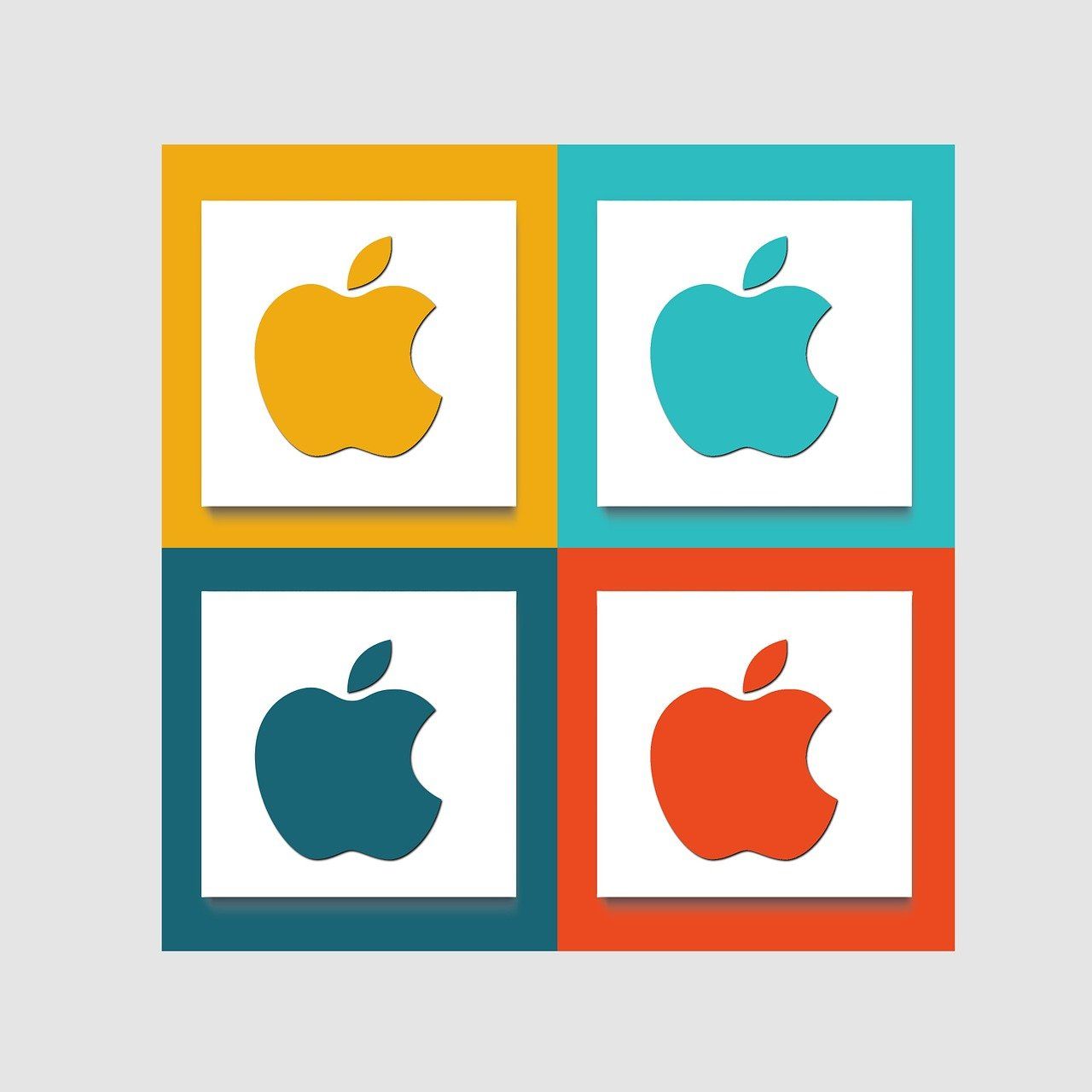Apple's AI-Powered App Store - What Developers Need to Know (2025)
What are the new AI features transforming the Apple App Store for a better user experience?
Eddie
June 15, 2025

Apple's AI-Driven App Store
Apple's recent technological leap in the App Store introduces AI-driven tagging, aiming to revolutionize app discoverability for iOS users. Announced at the Worldwide Developers Conference (WWDC25), these AI-generated tags are designed to provide a more nuanced and granular categorization of applications beyond traditional keywords and titles. Currently available in the iOS 26 developer beta, these tags utilize Apple's advanced algorithms to extract vital metadata from app screenshots, descriptions, and other content. Through this process, Apple seeks to improve how users find apps by enabling precise searches that surface hidden app details, such as specific features or functionalities. While these tags are initially generated by AI, Apple has ensured quality control by implementing a human review process, allowing developers to manage which tags apply to their apps before they go live on the App Store.
The Mechanics of AI-Powered Apple App Store Tags

Understanding AI Tags - How They Work?
Apple’s recent advancements in the App Store integrate AI-driven tagging systems designed to enhance the discoverability of apps. At its core, the AI technology is developed to offer a more comprehensive exploration of an app’s features and functionalities by generating tags automatically. Unlike traditional methods, which relied heavily on app titles and keyword lists, these AI tags use sophisticated algorithms to dive deeper into various data points of an app like metadata, screenshots, and descriptions.
One of the most striking features of this system is its ability to read and interpret text from screenshots and descriptions, which goes beyond mere optical character recognition (OCR). Instead, Apple’s AI employs contextual reasoning to understand visual and textual metadata comprehensively. This way, AI-generated tags precisely encapsulate the essence of the app without extra manual input from developers, allowing for a dynamic categorization process.
The Role of Metadata, Screenshots, and Descriptions
Apple’s AI harnesses screenshots, metadata, and app descriptions to accurately classify and tag apps. Screenshots, which historically served a visual purpose, now play a critical role by contributing significant textual data. Descriptive information within these screenshots, captions, and even text from in-app interfaces is analyzed to generate tags. For example, a productivity app might get tags highlighting features like ‘task management’ or ‘time tracking’ from a screenshot illustrating those functions.
Metadata and in-depth descriptions further aid the AI in tagging each app with appropriate labels. These labels are pivotal for surfacing an app’s unique attributes that standard category listings might miss. Hence, AI tagging enhances current metadata's scope and uncovers hidden layers of app functionalities that warrant discovery.
Human Review Process and Developer Control
While the AI takes on the task of generating tags, Apple ensures a layer of quality control through human moderation. Each AI-created tag undergoes a human review process before it's applied publicly. This is essential to guarantee accuracy and relevance, aligning the AI's insights with legitimate app features.
Moreover, developers are granted some level of control over tag management. Through the App Store Connect interface, they can oversee which AI-generated metadata gets associated with their apps. This capability ensures that tags accurately represent the app's offerings and it's not inaccurately labeled, empowering developers to maintain the integrity of their app's visibility in the store.
Implications for App Discoverability

Enhancements to Search Functionality
The introduction of AI-powered tags aims to revolutionize search functionality on the App Store by offering a more refined and targeted search experience. These tags appear alongside traditional categories in search results and individual app listings, providing a navigational aid for users. With AI-generated tags, search queries can yield results that are more aligned with the specific features users are seeking, such as 'guided meditation' for a wellness app. Precise tagging aids in isolating particular functionalities within an app, drastically improving how users find and select apps tailored to their needs.
By advancing beyond broader categories and keywords, AI-Powered tags facilitate a more intuitive and user-friendly discovery path. Users can, for instance, tap on a tag to find curated pages featuring related apps, enriching the exploration process and removing friction in app search endeavors.
Impact on App Rankings and SEO
AI-generated tags represent a transformative shift in how apps are ranked and discovered on the App Store. Traditional app ranking systems prioritized app titles, keywords, and a few metadata points. With AI at the helm, a broader spectrum of data is considered, offering a more holistic view that incorporates in-app elements and features.
This new approach breaks the mold of standard SEO for apps. Elements like screenshot captions and in-app UI text now hold substantiated weight in the overall SEO strategy, reflecting a shift toward contextual relevance over mere keyword density. Consequently, apps with well-crafted visual and descriptive metadata can experience increased visibility and improved rankings, even as specific ever-evolving SEO practices adapt to these AI-infused changes.
Developer Adaptation to AI-Generated Tags

Developers face the task of aligning their app presentations with the AI-driven tagging process. As Apple continues rolling out these tags, developers need to revisit their approach to app descriptions, metadata, and visual elements.
One key adaptation involves ensuring that screenshots and UI elements authentically and accurately represent the app's primary features and user interface. Misleading visuals or irrelevant metadata can lead to tags that don't align with the intended user experience, potentially impacting discoverability.
Equipped with the ability to manage tags in App Store Connect, developers can shape and refine how their apps are perceived in search results. By focusing on authenticity and accuracy in app presentation, developers will position themselves favorably within this new AI-centric landscape.
Ultimately, as developers grow accustomed to AI-generated tags, they can optimize and leverage these tags effectively, creating new pathways for app discovery and user engagement on the App Store. As AI continues to infuse its capabilities across digital ecosystems, Apple's initiative is a prelude to more intelligent, personalized app discovery experiences.
The Future of App Store Search and Discoverability

The introduction of AI-powered tags by Apple signifies a remarkable advancement in the App Store’s search and discoverability landscape. This enhancement promises a more personalized and efficient user experience, as AI will enable the App Store to move beyond simplistic keyword-based search systems. With these AI-generated tags, users can more easily navigate through the vast sea of applications, finding specific functionalities and features within apps that cater directly to their needs.
For developers, this shift entails potential opportunities. The ability to have some control over AI-assigned tags means developers can guide their apps to reach target audiences effectively. Understanding the AI's tagging mechanism will become key to optimizing an app’s visibility in the Store. Furthermore, the requirement of human review ensures that tags remain accurate and relevant, maintaining the integrity of app descriptions and user trust.
Ultimately, as Apple continues to refine and expand this AI-driven approach, both developers and users can expect a transformed App Store experience—one that is more tailored, informative, and user-friendly. As these features gradually become available to global users, staying abreast of such advancements will be crucial for anyone involved in app development or simply seeking a better way to explore the digital app ecosystem Apple has to offer.





